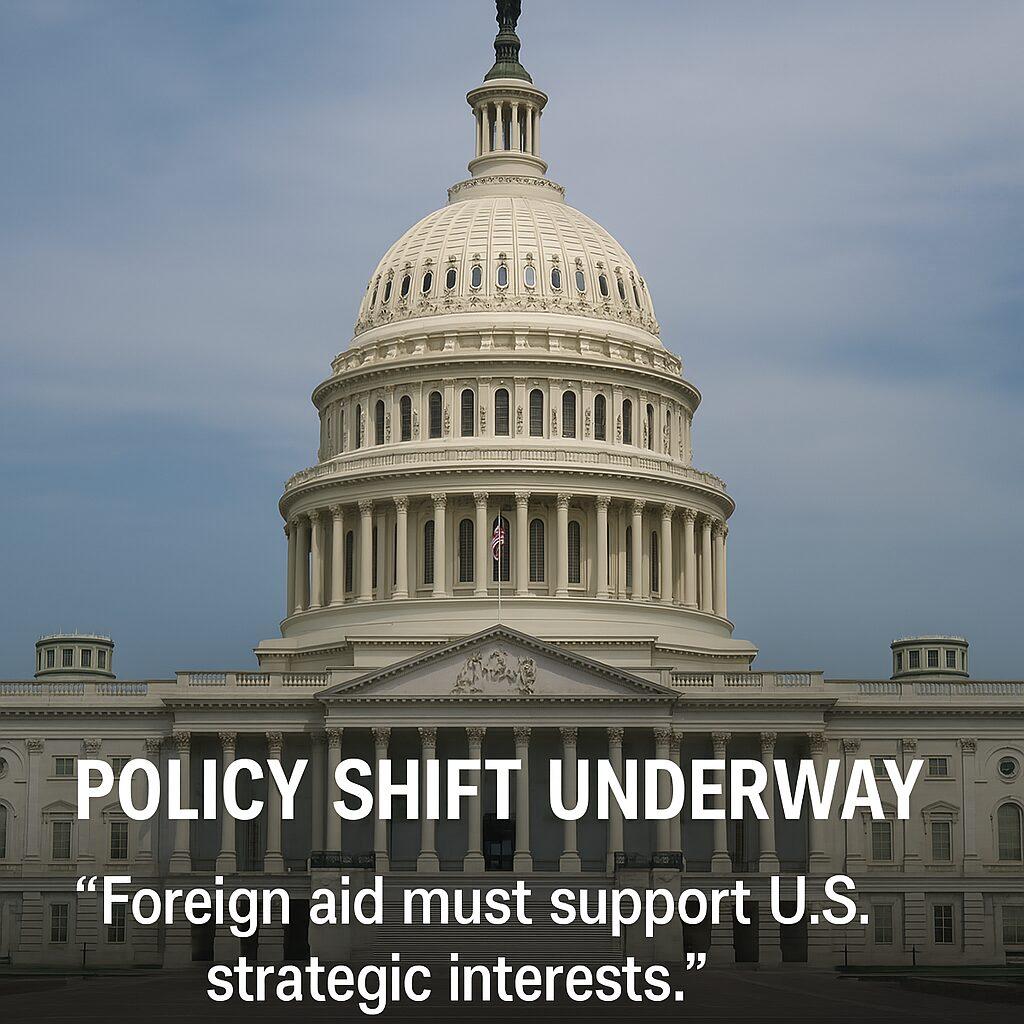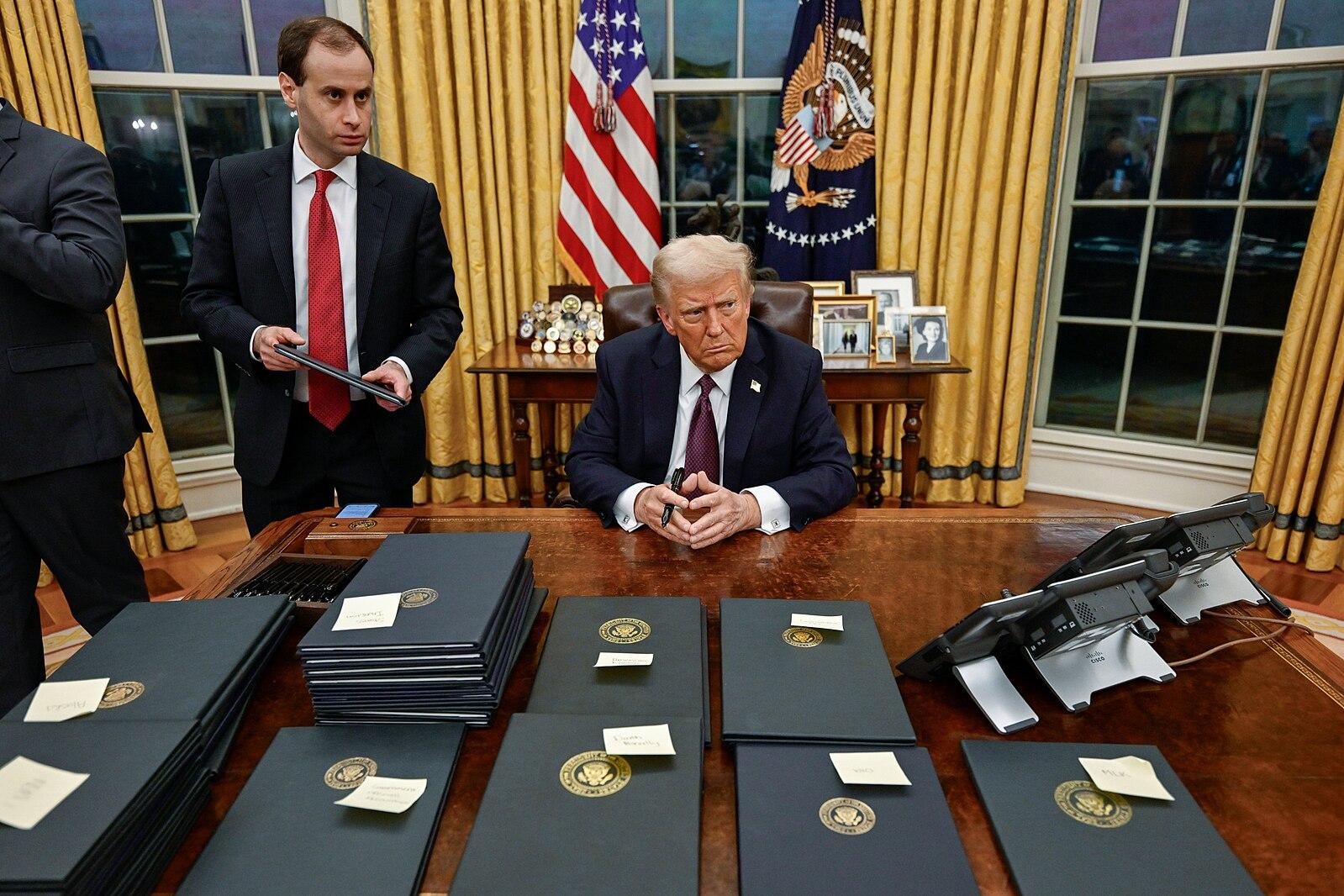The United States State Department revealed on Thursday, March 15, that there were at least eight reported cases of rape allegedly perpetrated by 16 policemen between January 2017 and July 2018.
The U.S. Country Reports on Human Rights Practices for 2018 stated that “many of the rapes” were linked with the highly-criticized war on drugs of Philippine President Rodrigo Duterte. It stated instances wherein women under police custody were sexually abused and assaulted.
However, the US State Department failed to acquire the status of the filed rape cases against law enforcement officials due to limited and confidential data.
“Statistics were unavailable on prosecutions, convictions, and punishments for cases filed by the Philippine National Police (PNP),” the U.S. report stated as cited in ABS-CBN News.
The US State Department hailed the responsiveness of the country’s law enforcement in addressing rape charges. They emphasized that most police forces treat rape charges “seriously.”
“In August a witness reported a rape and murder to authorities. Authorities asked the witness to identify the suspects, which he did, and police arrested the suspects in less than 24 hours,” the report explained.
However, they also stated that rape cases in rural communities and remote areas “sometimes used personal relationships with local authorities to avoid prosecution.”
In the Philippines, a convicted rape felon is sentenced to 12 to 40 years imprisonment. The law mandates a lifetime ban from political office for perpetrators in government posts.
The report mentioned that the government had “provided shelter, counseling, and health services to female survivors of rape.” However, it highlighted that victims have a fear of coming forward due to “cultural and social stigmatization.”
In 2017, the Department of Social Welfare and Development (DSWD) recorded a total of 7,584 rape cases, a 12 percent decrease from the data in 2016.
EJKs chief human rights concern
Another report from the State Department issued on Wednesday, March 13, revealed that extrajudicial killings proved to be the primary human rights concern in the Philippines.
“Extrajudicial killings have been the chief human rights concern in the country for many years and, after a sharp rise with the onset of the anti-drug campaign in 2016, they continued in the reporting year, albeit at a lower level,” the report stated.
“Significant concerns persisted about (the) impunity of civilian national and local government officials and powerful business and commercial figures,” it added as reported by The Philippine Daily Inquirer.
The report noted that “slow judicial processes remained an obstacle to bringing government officials allegedly involved in human rights abuses to justice.”





